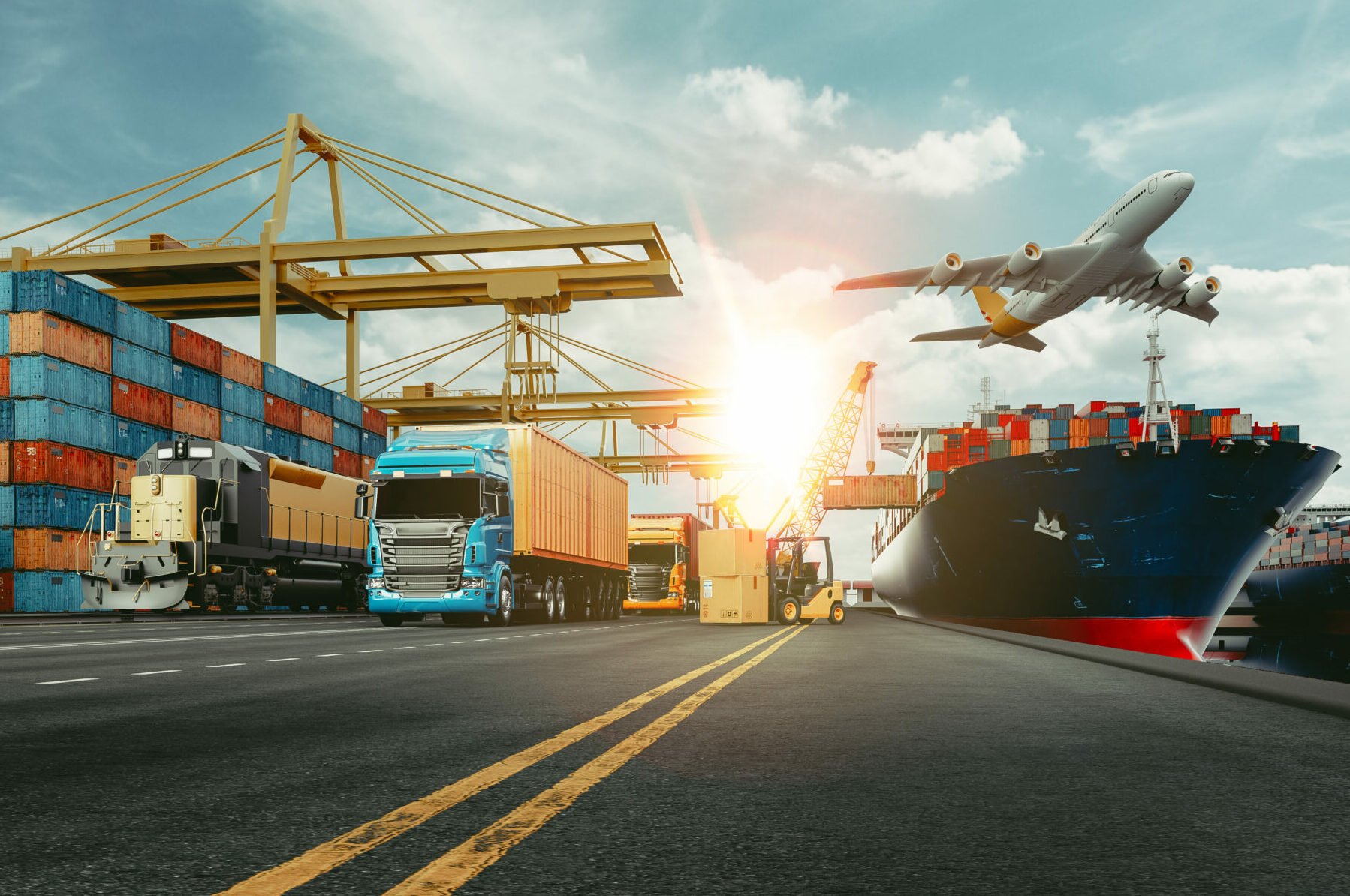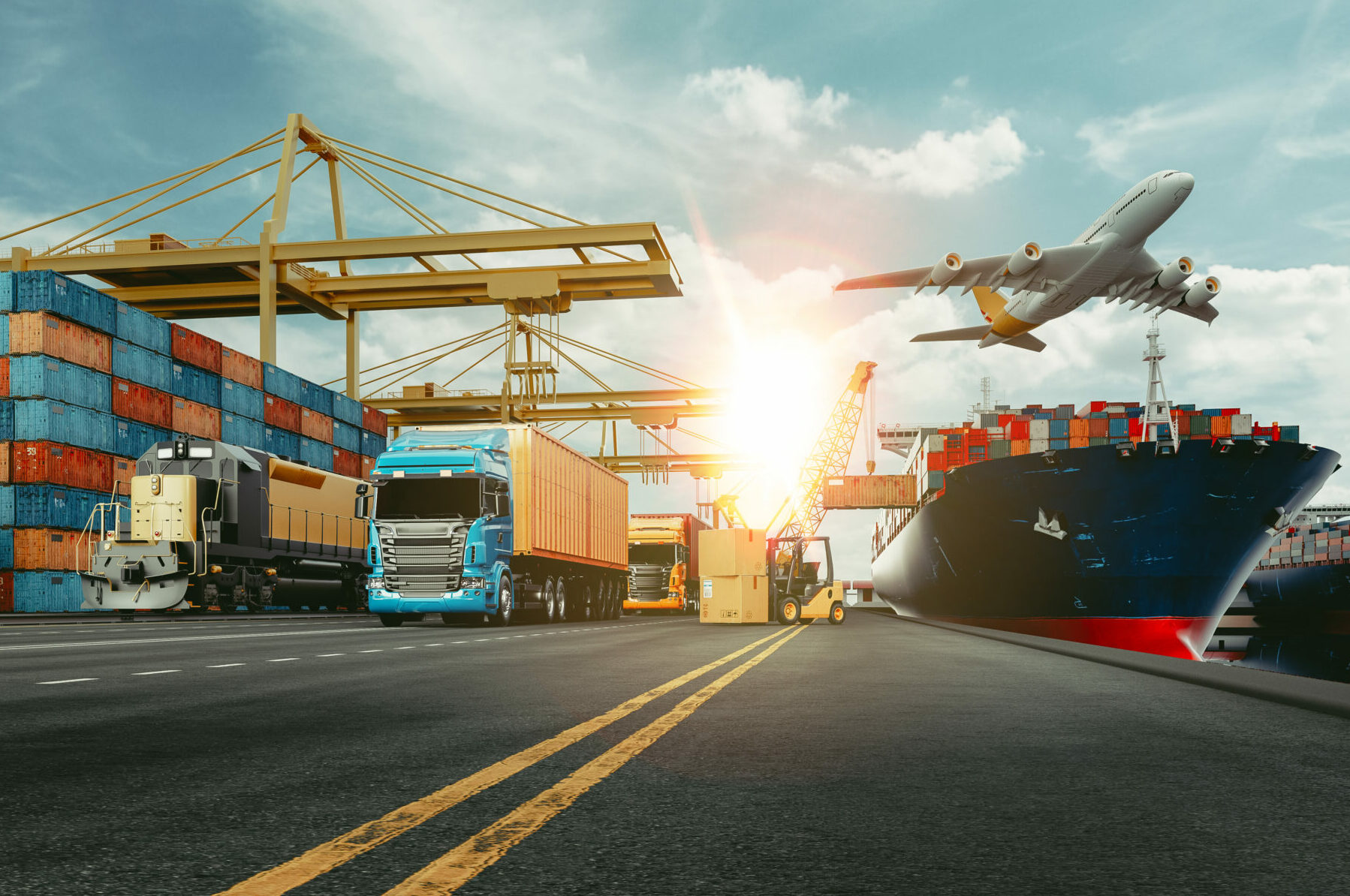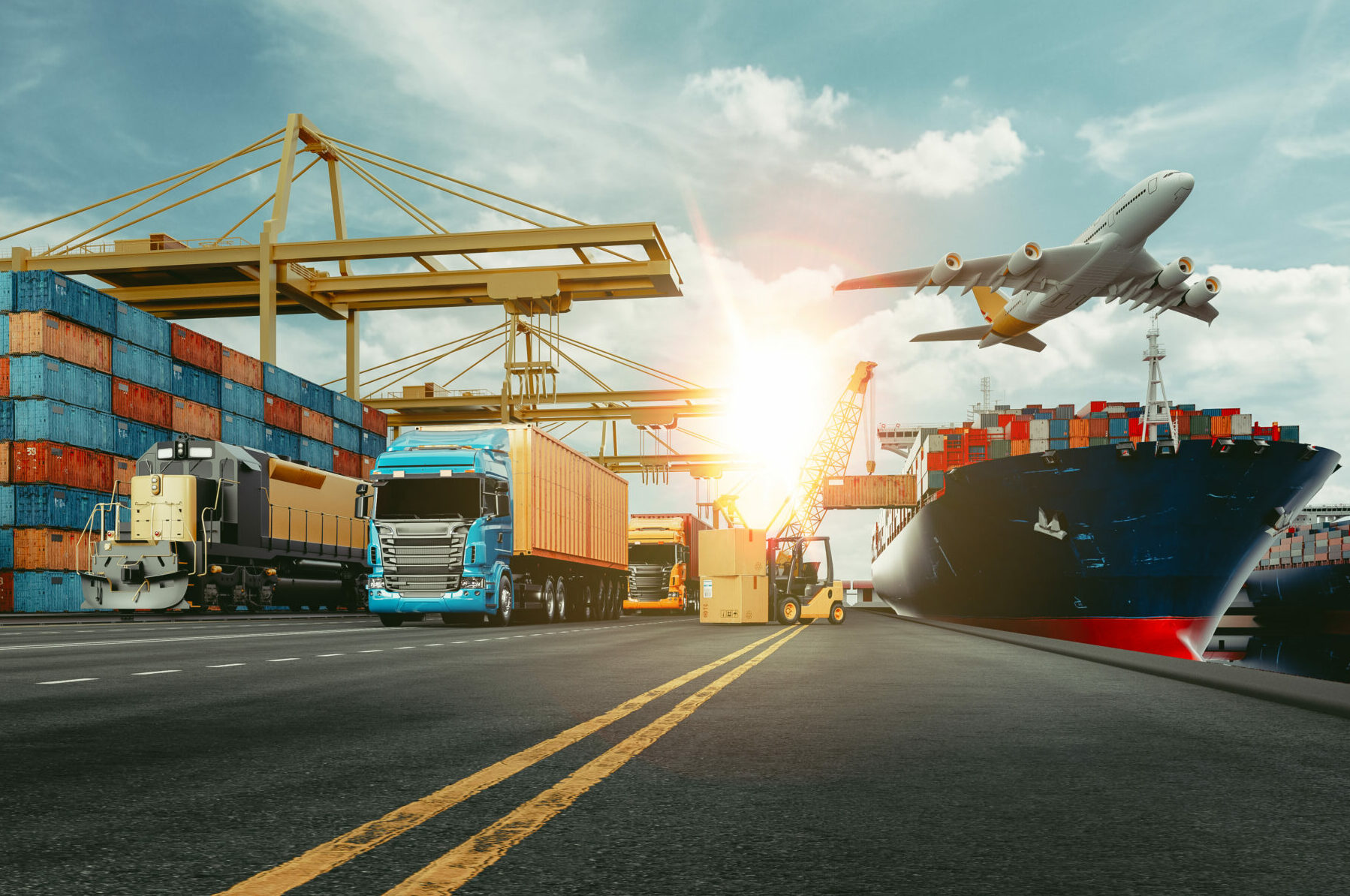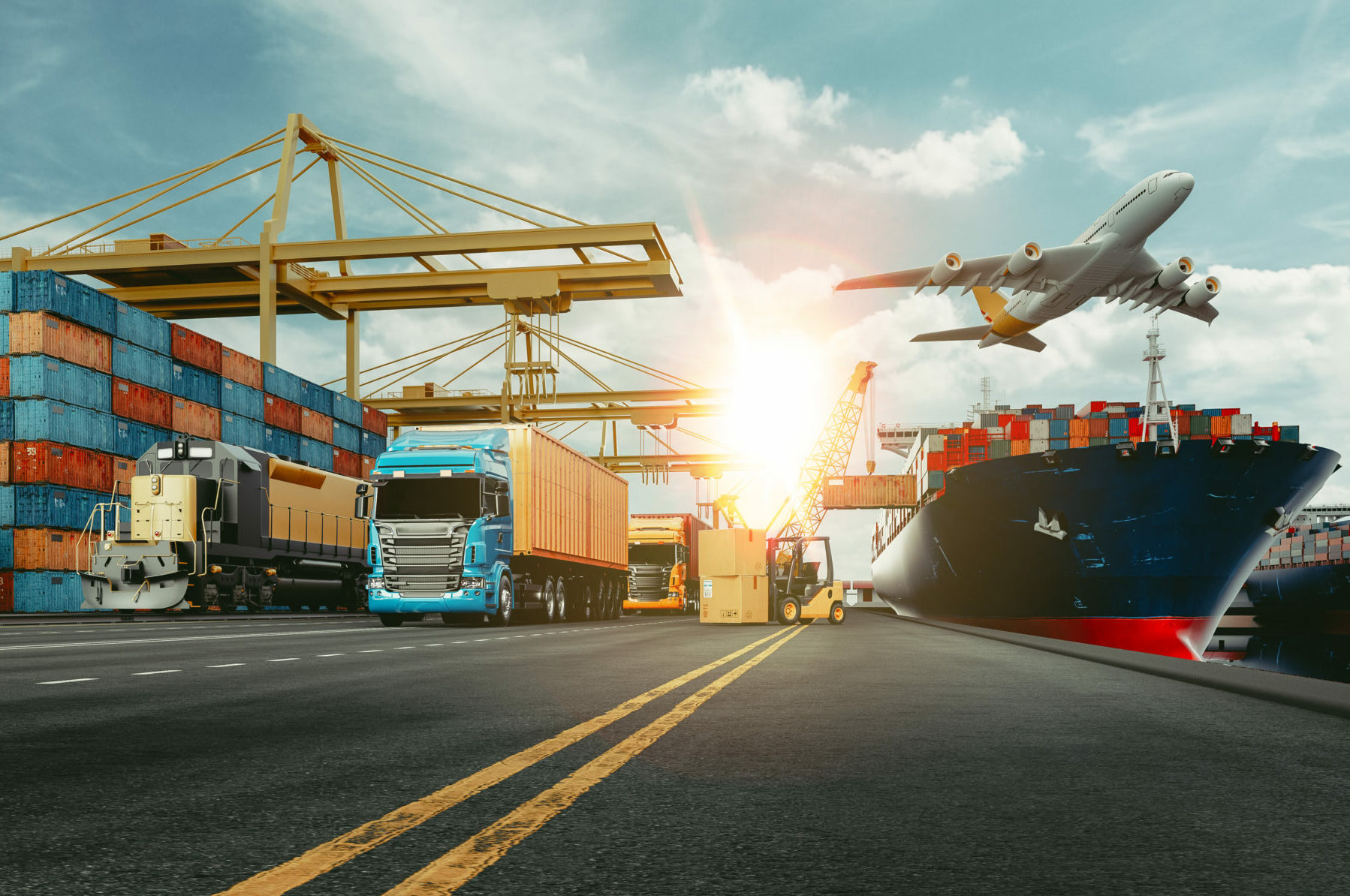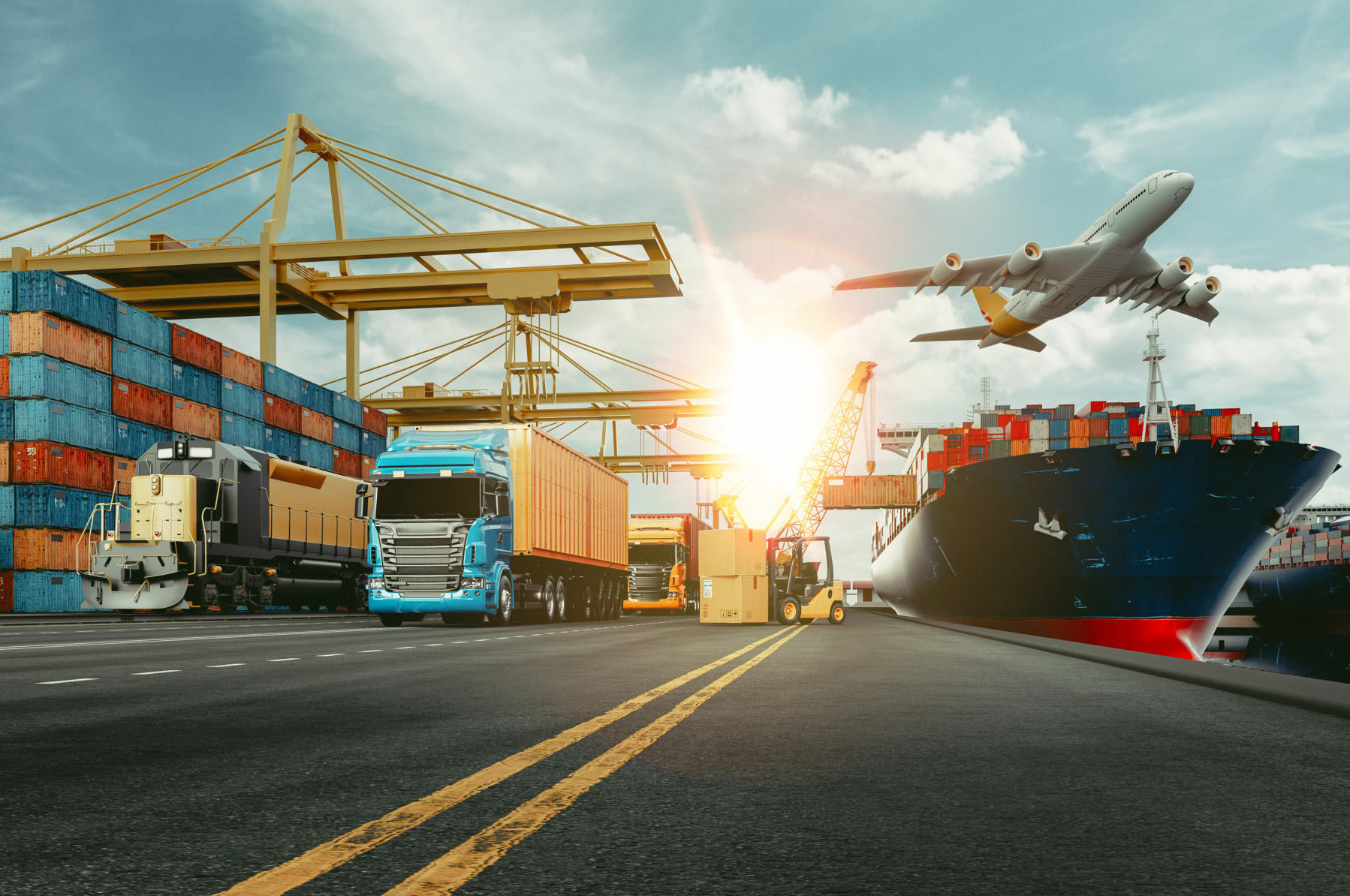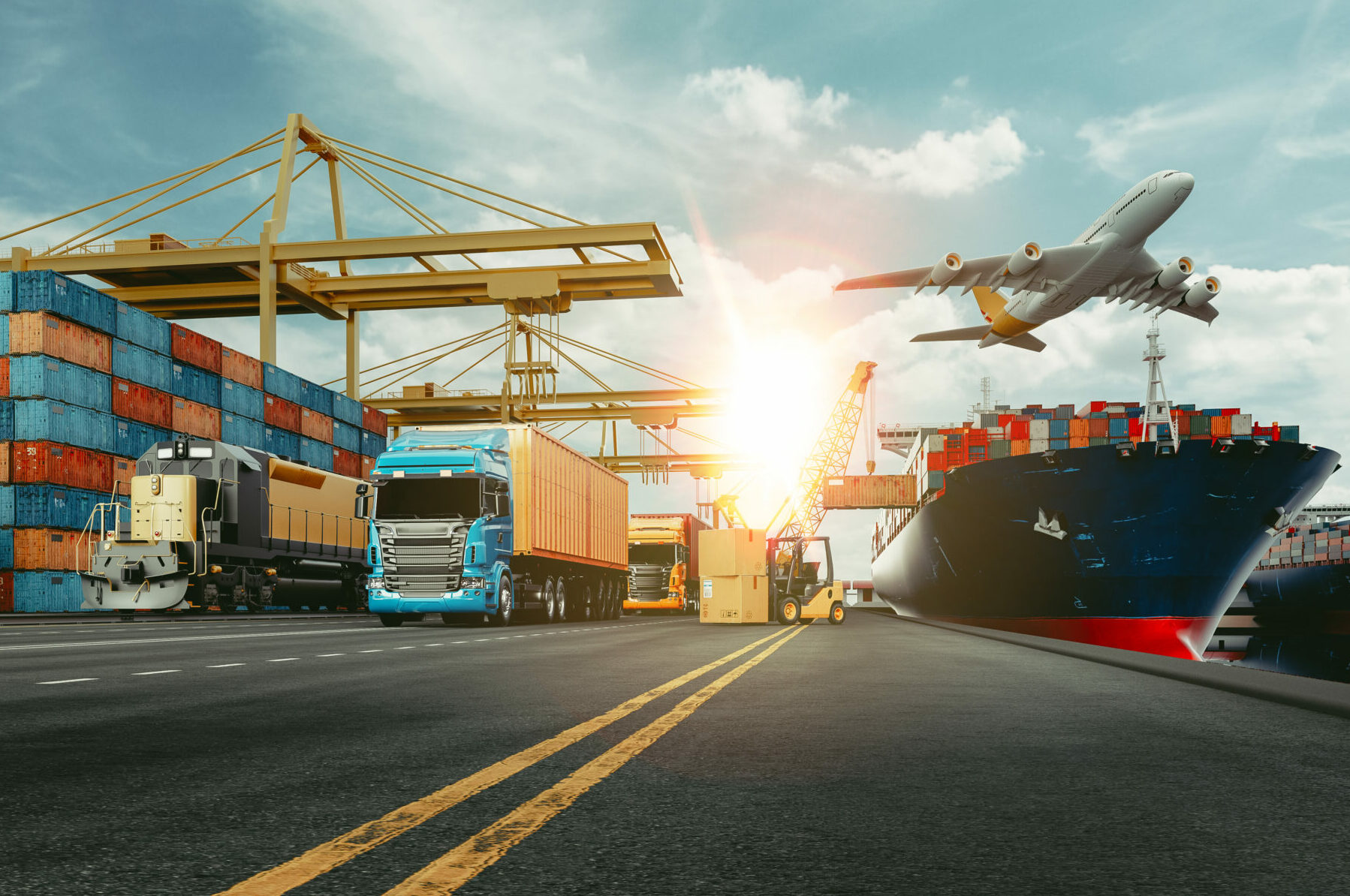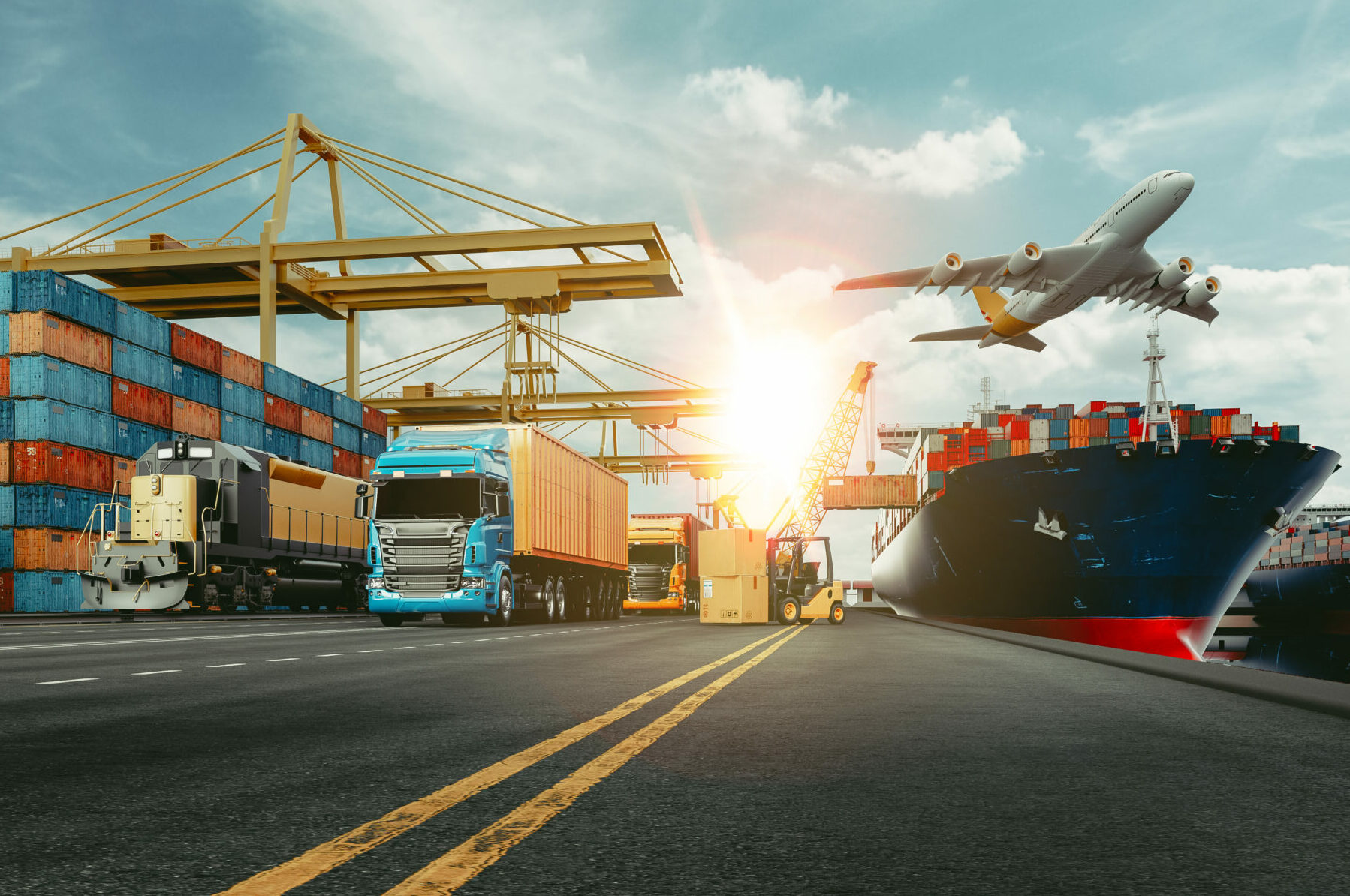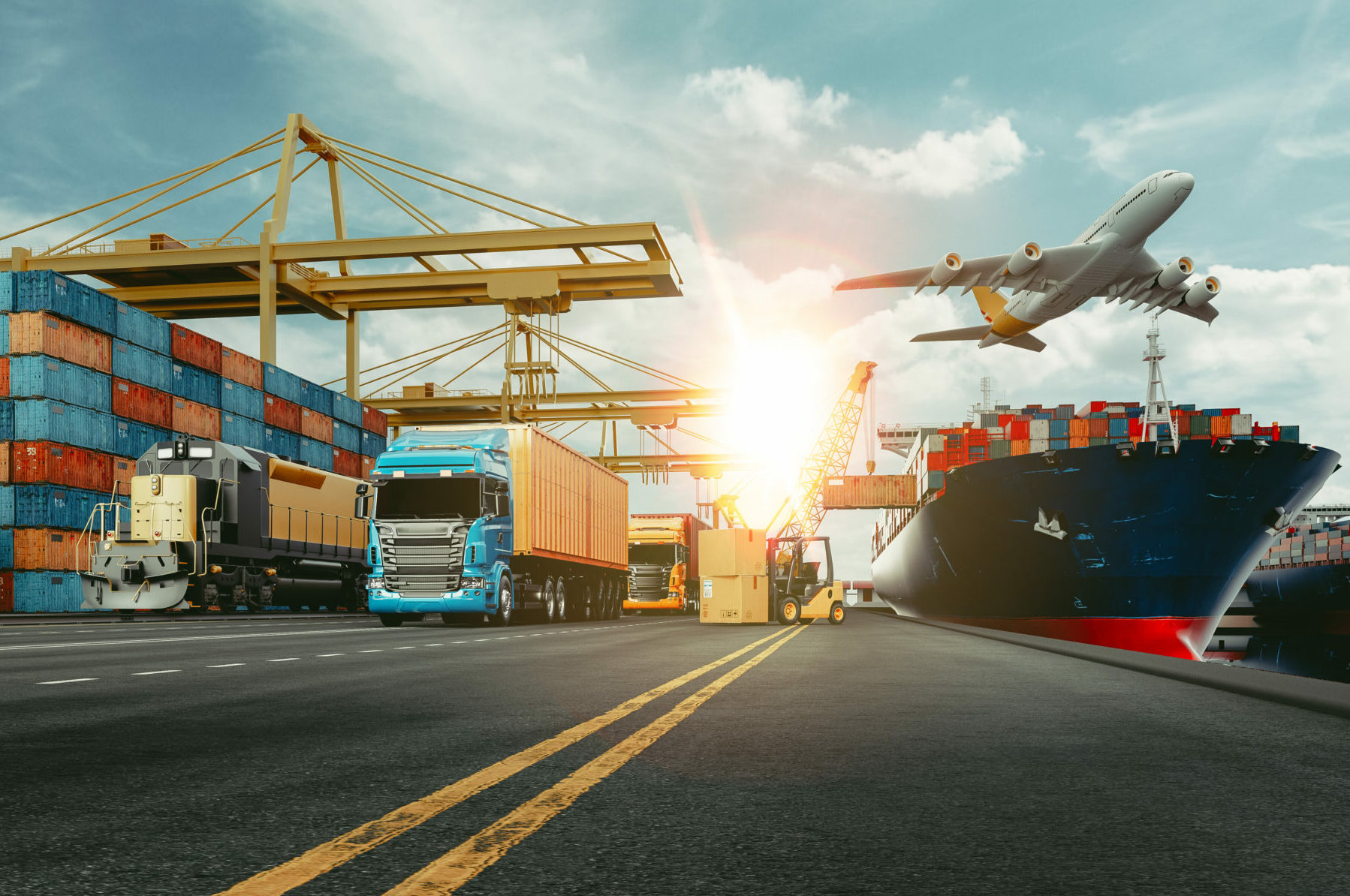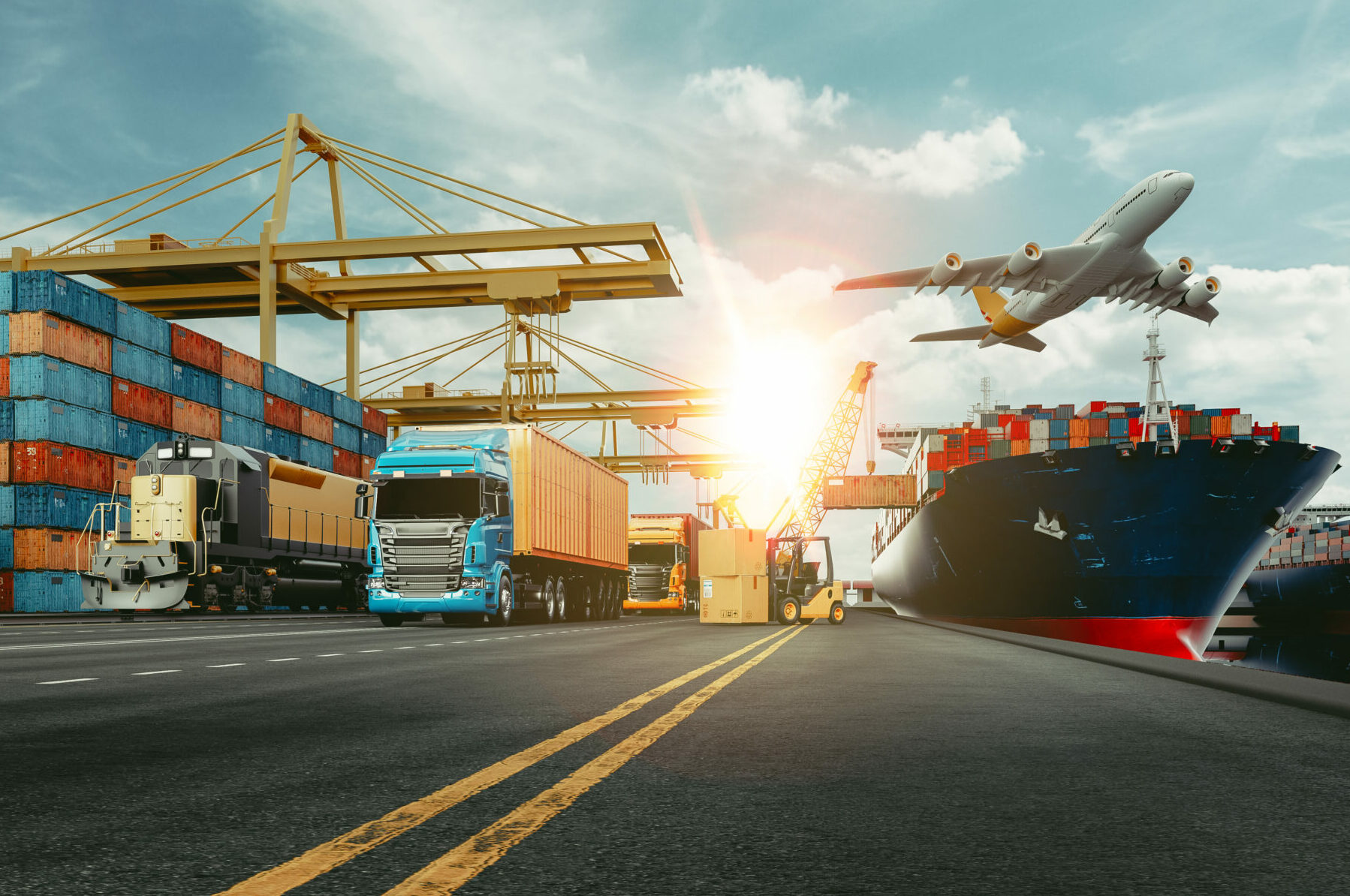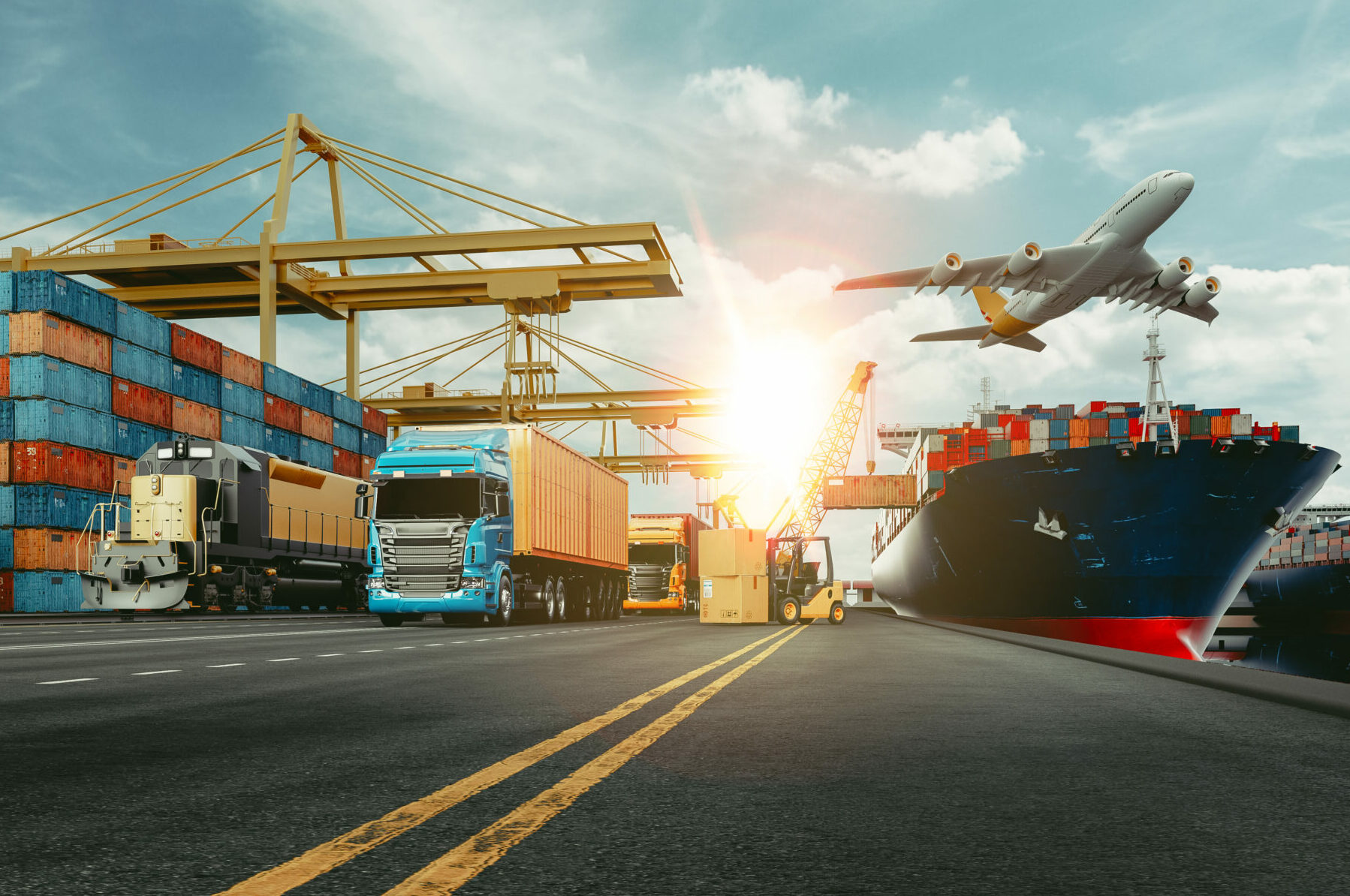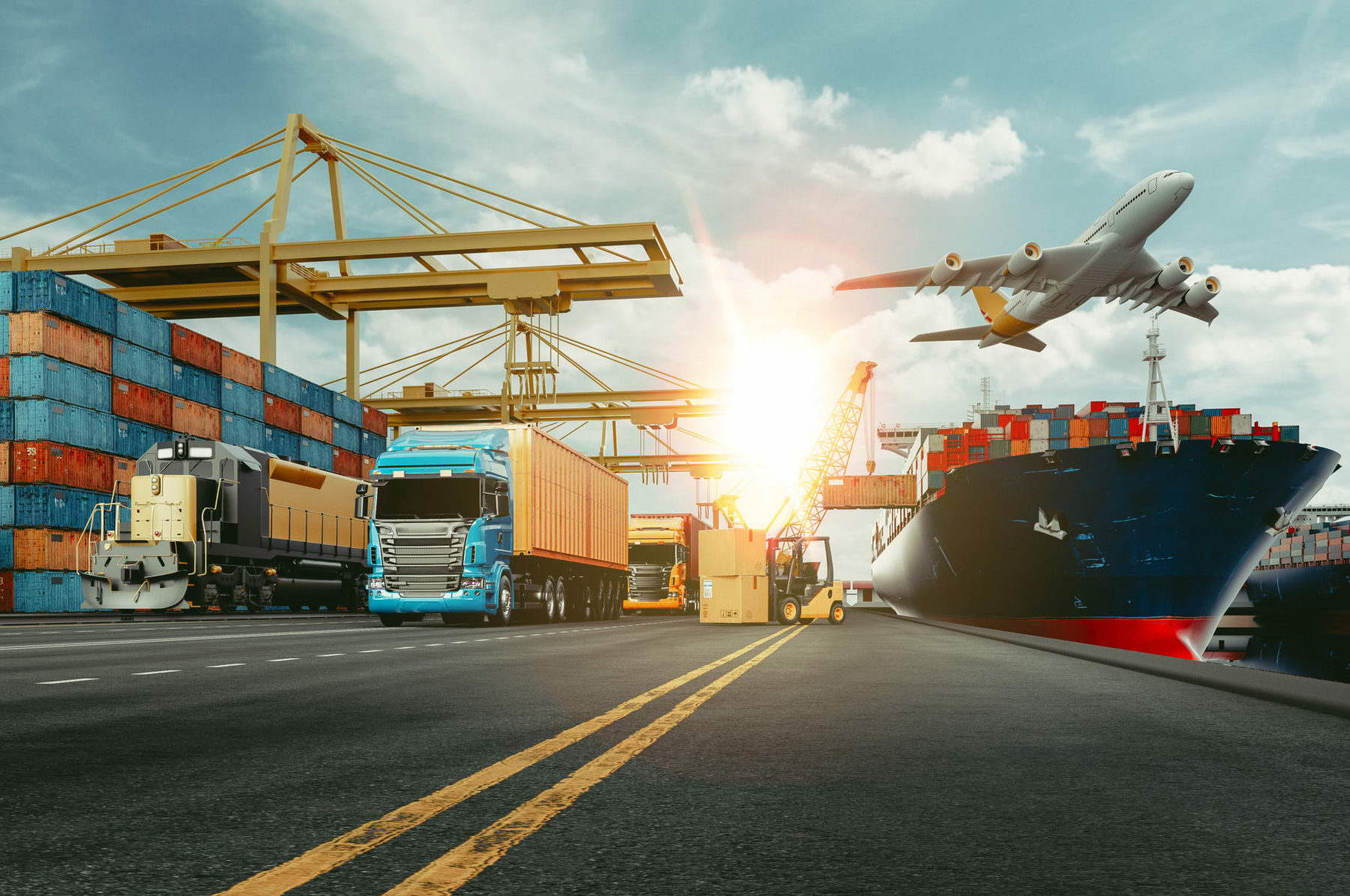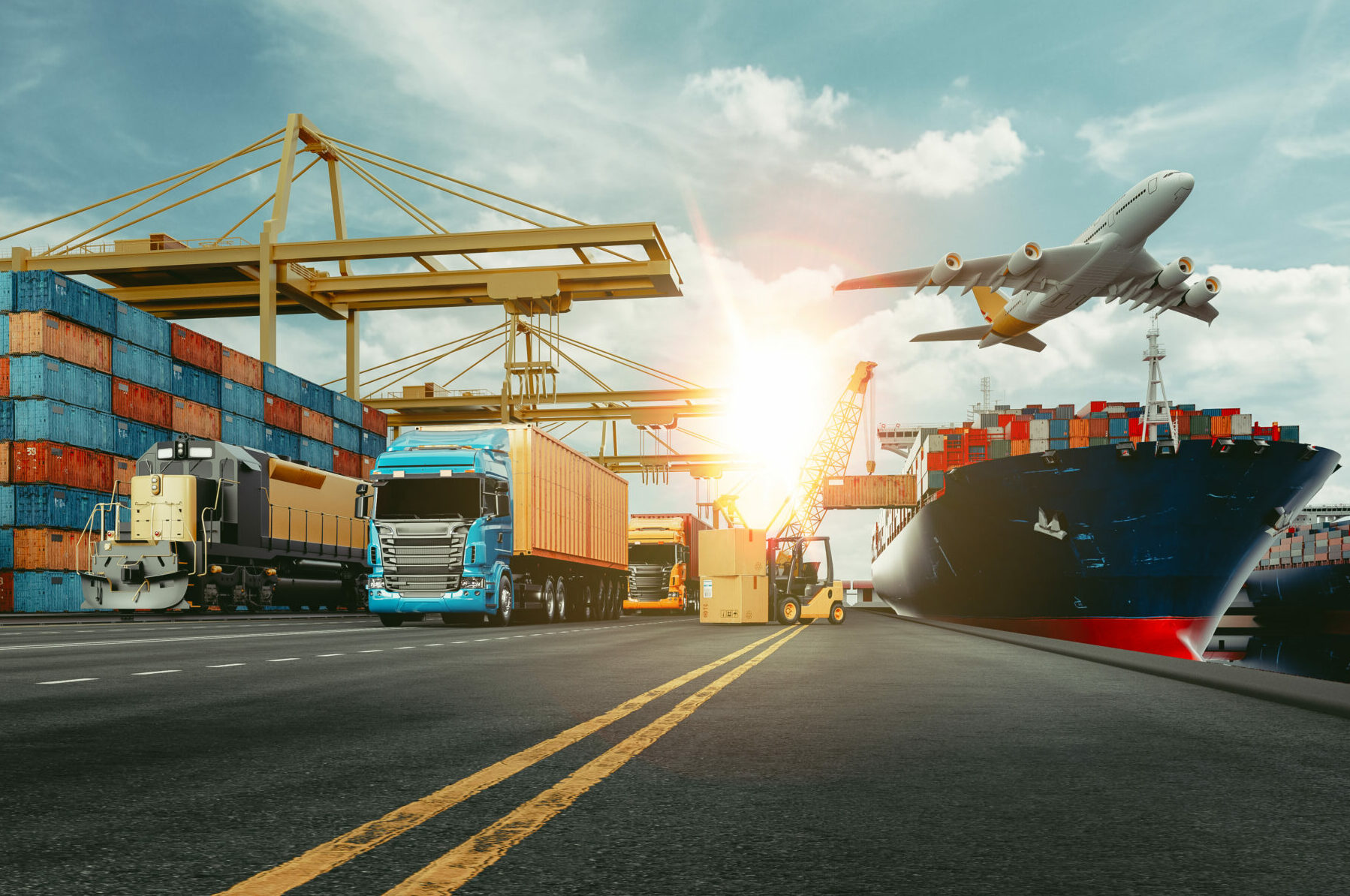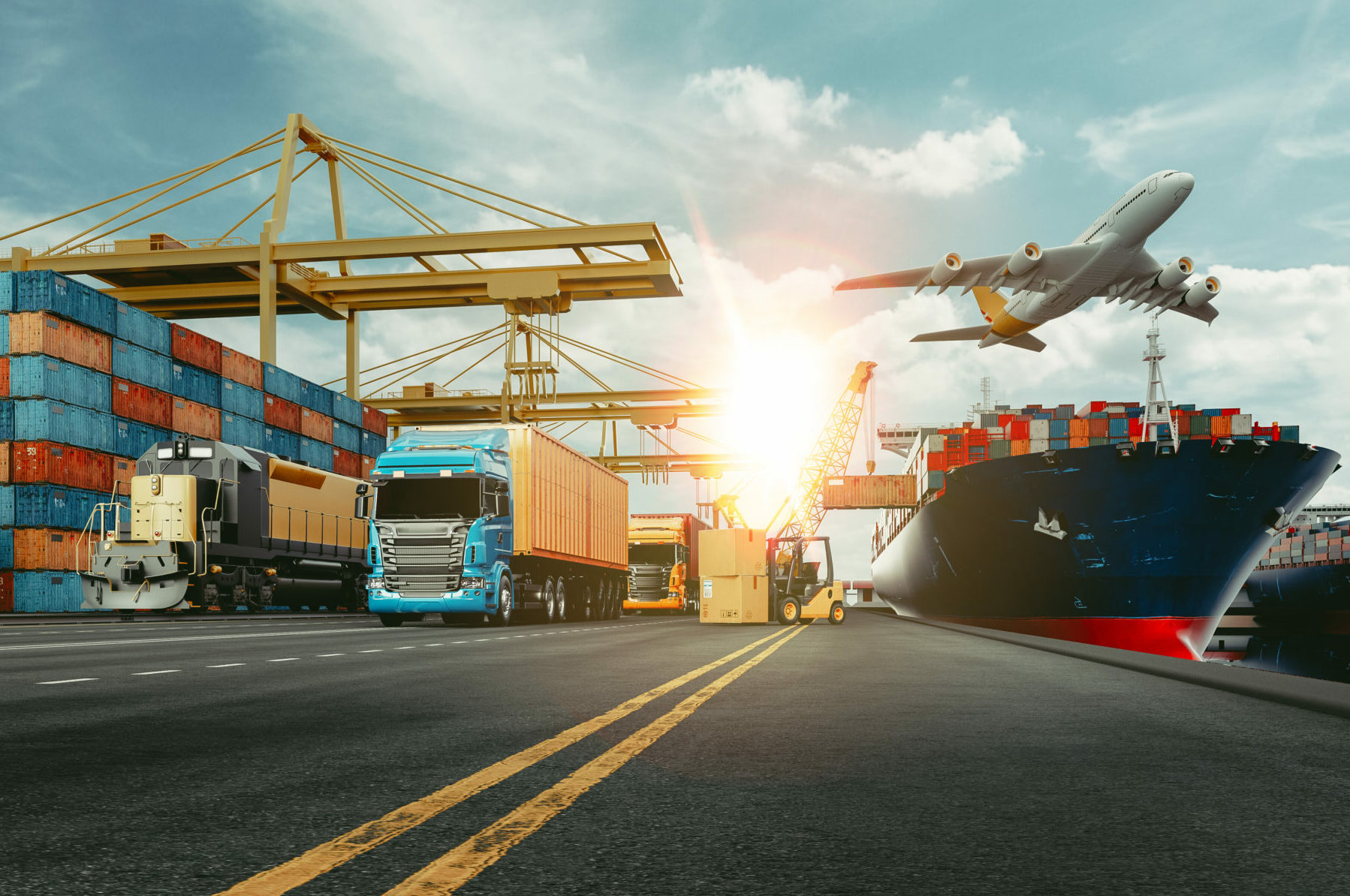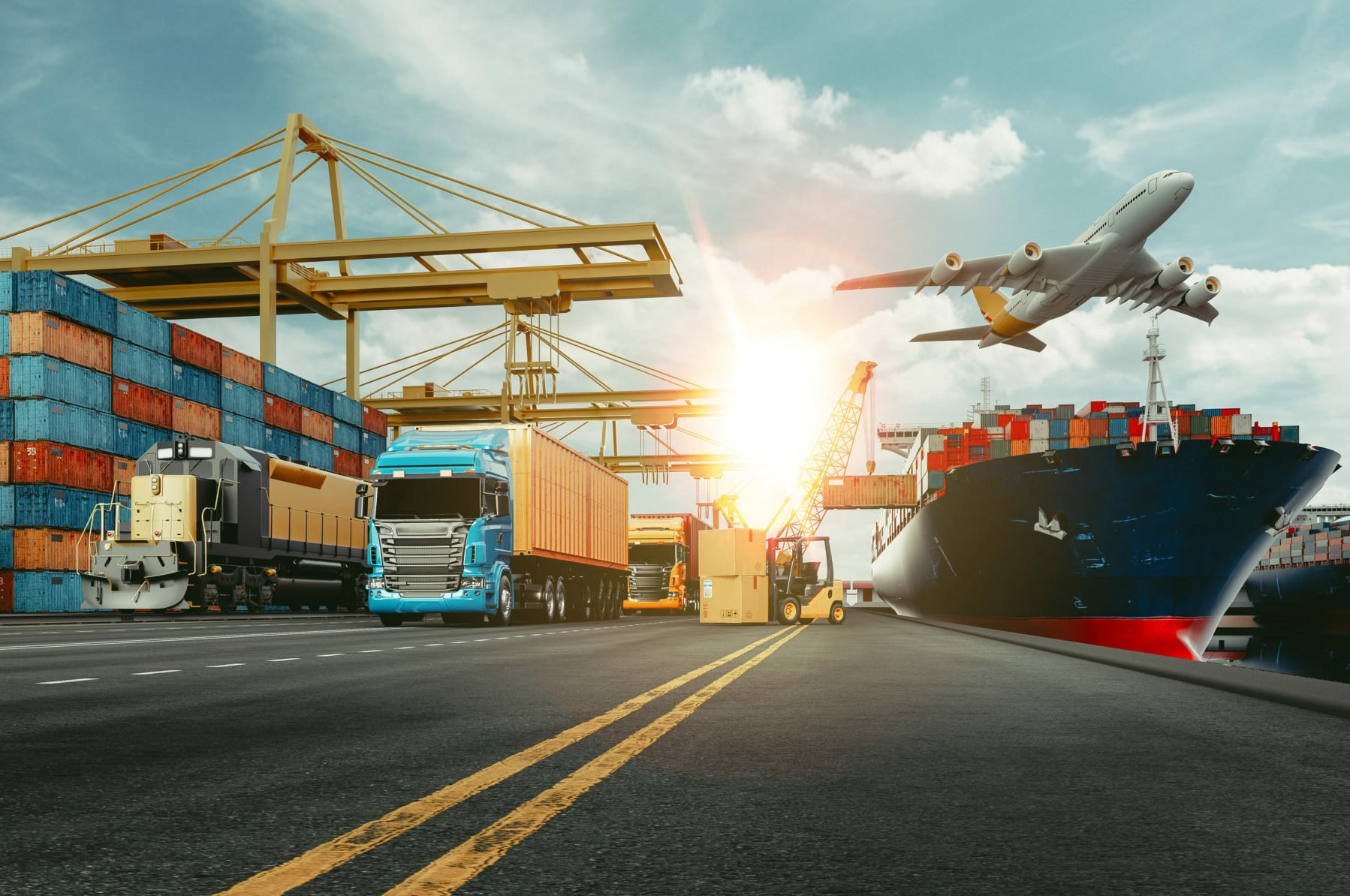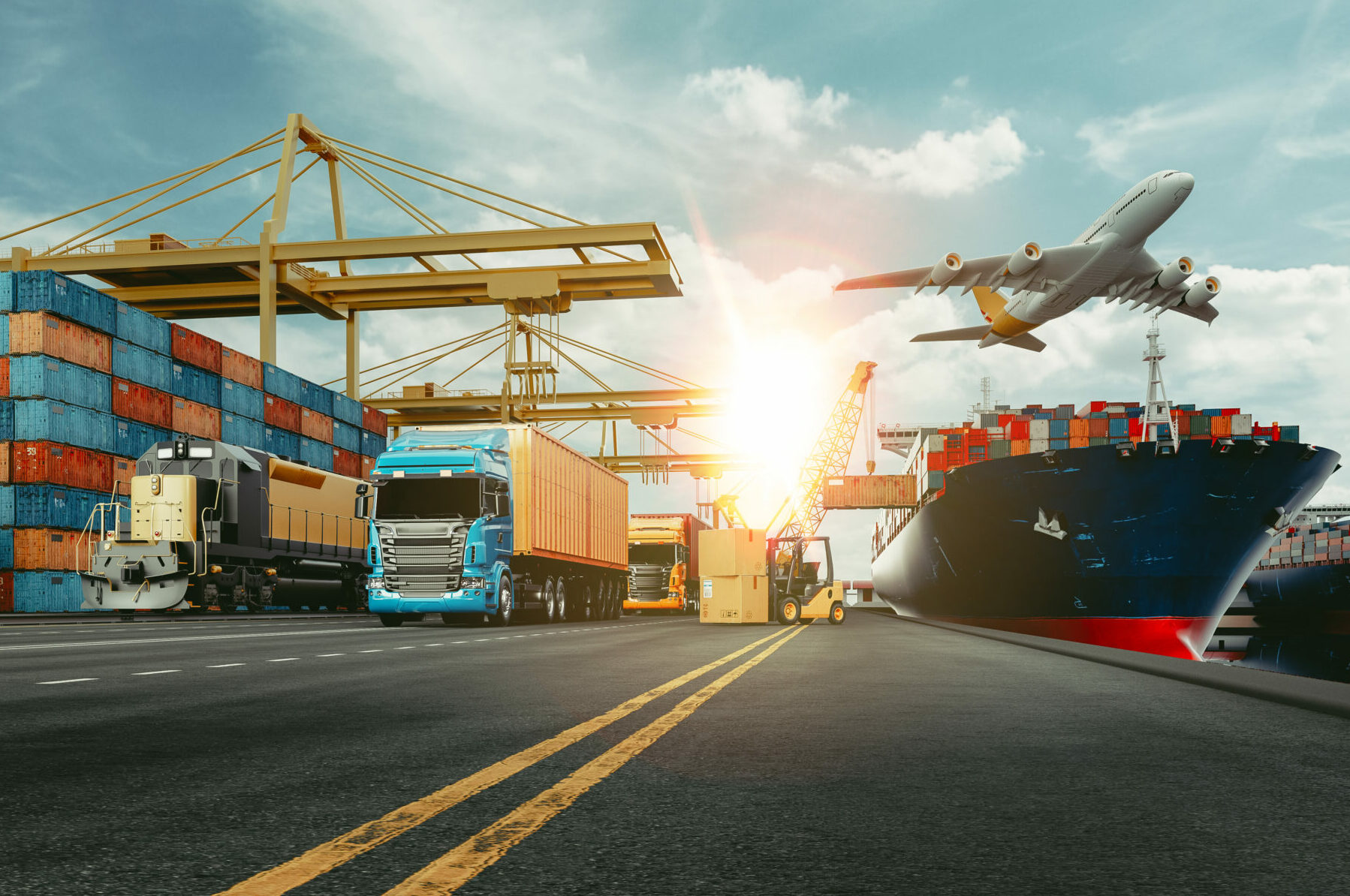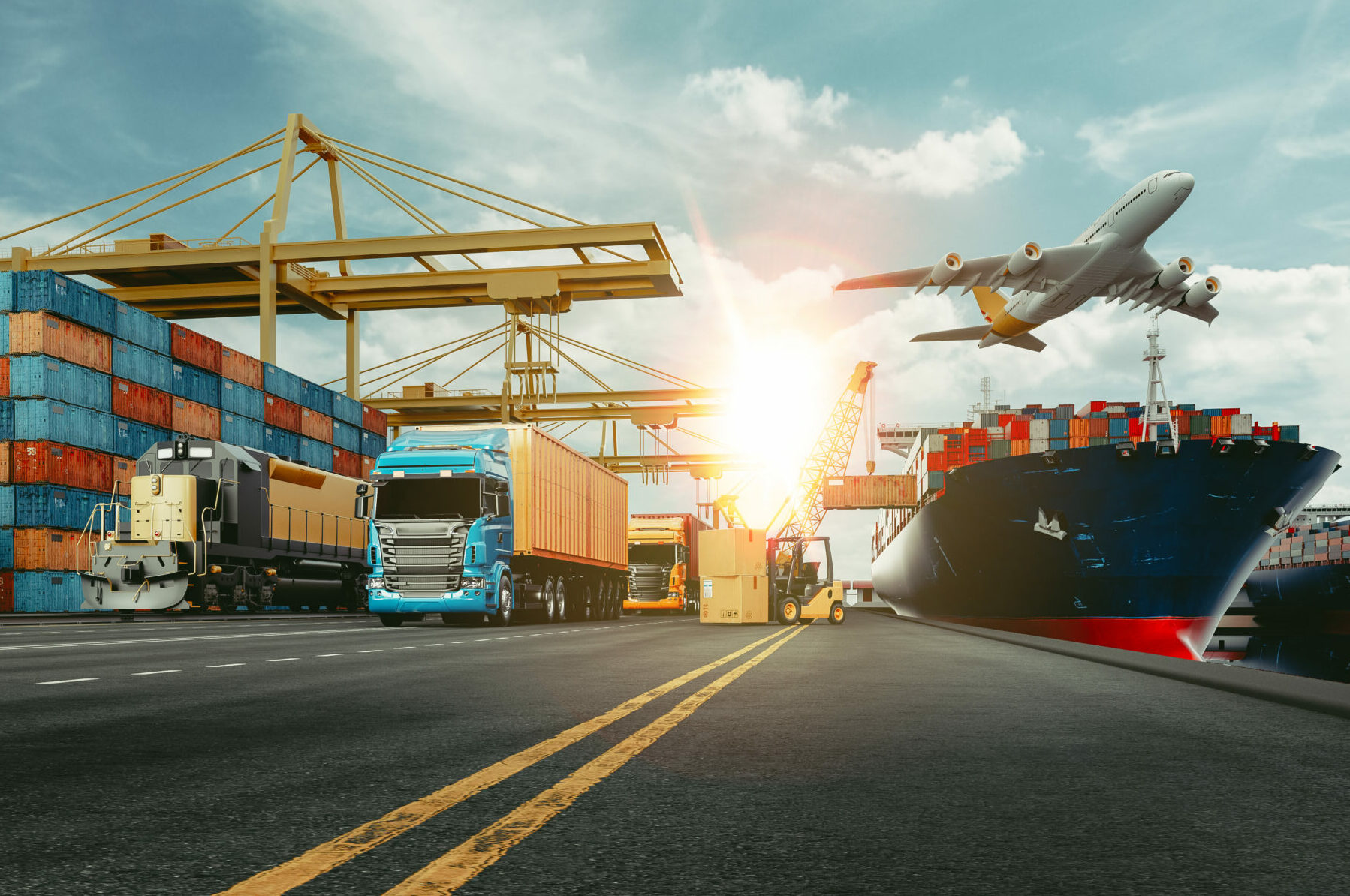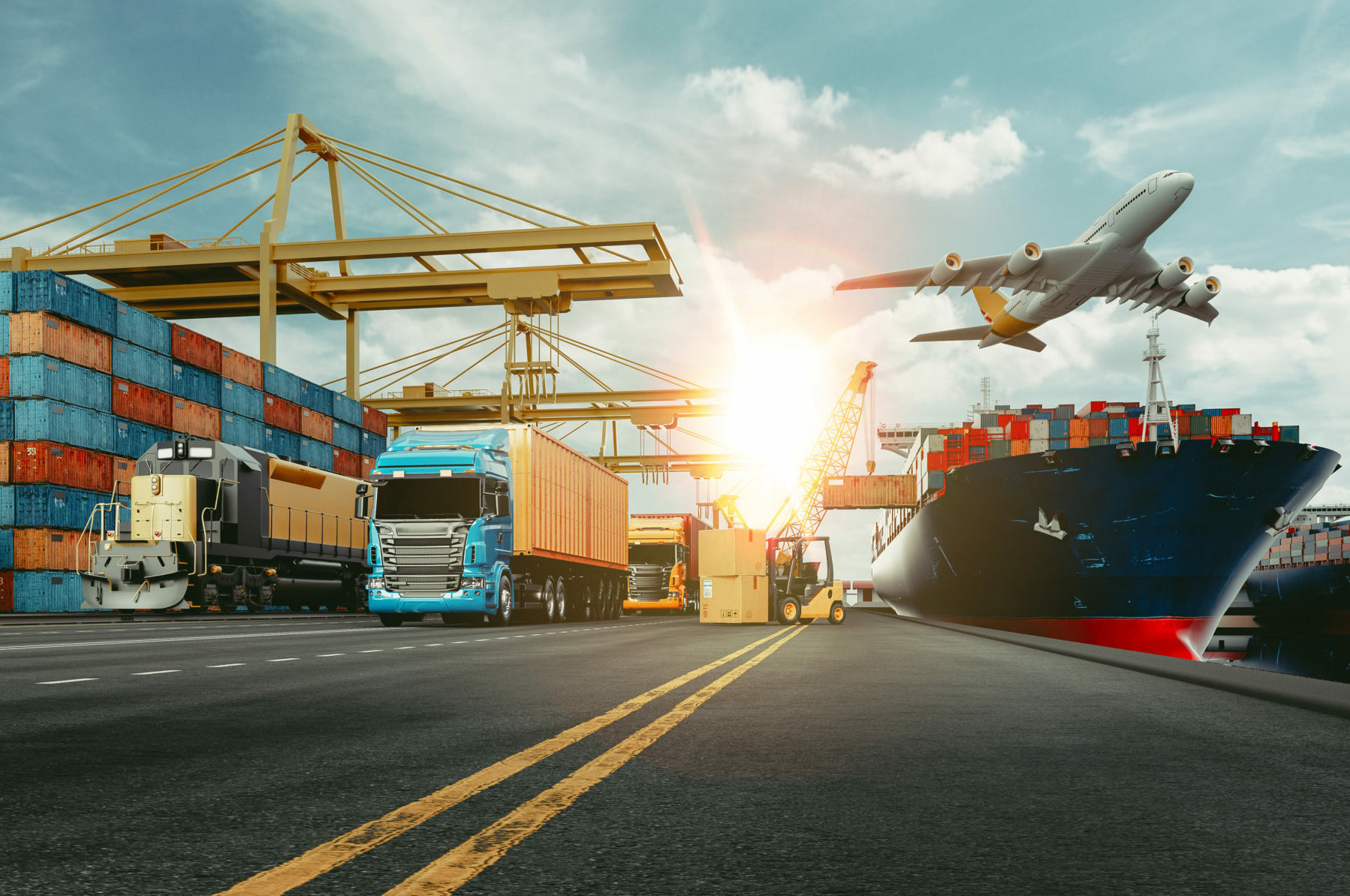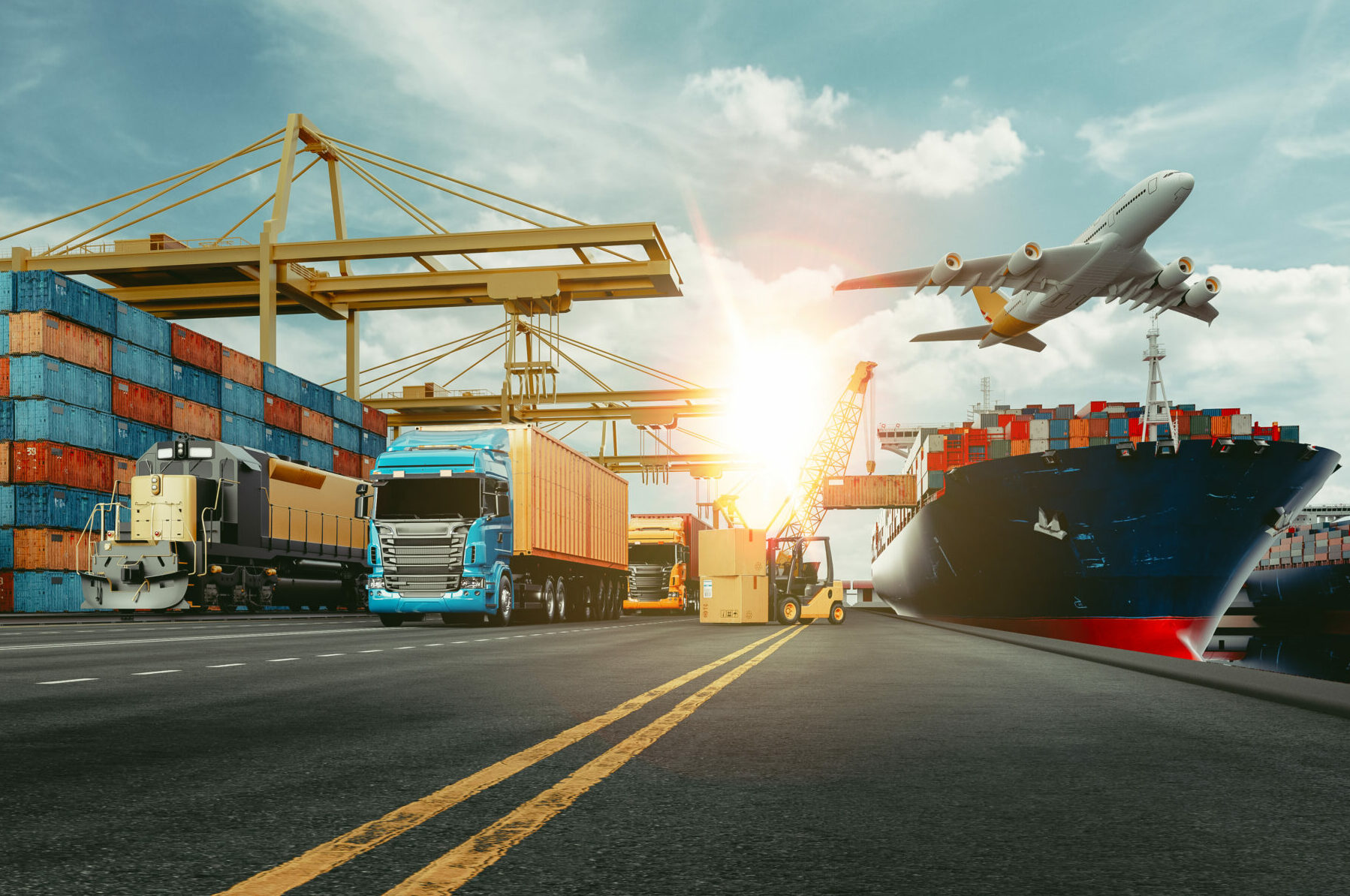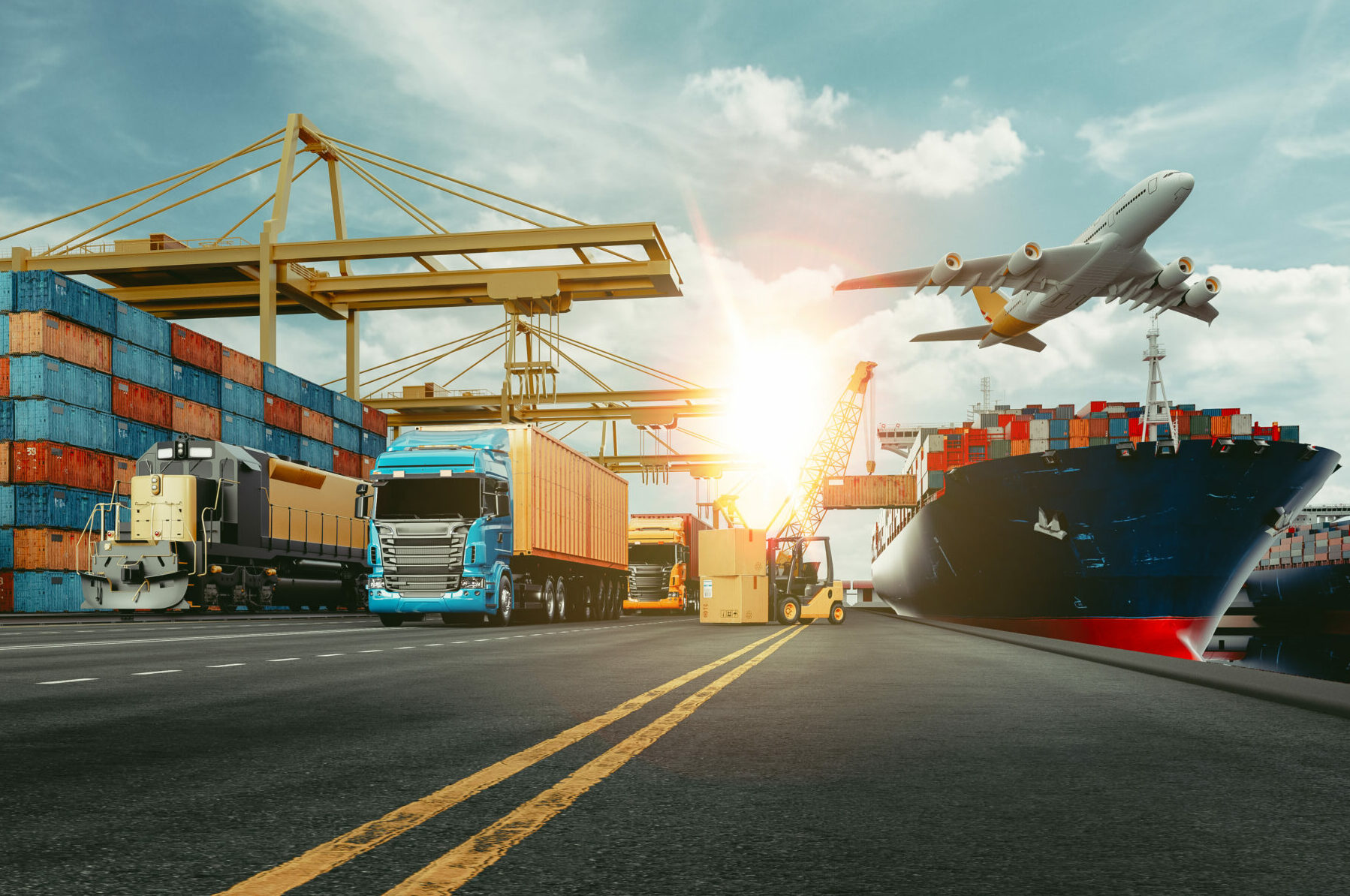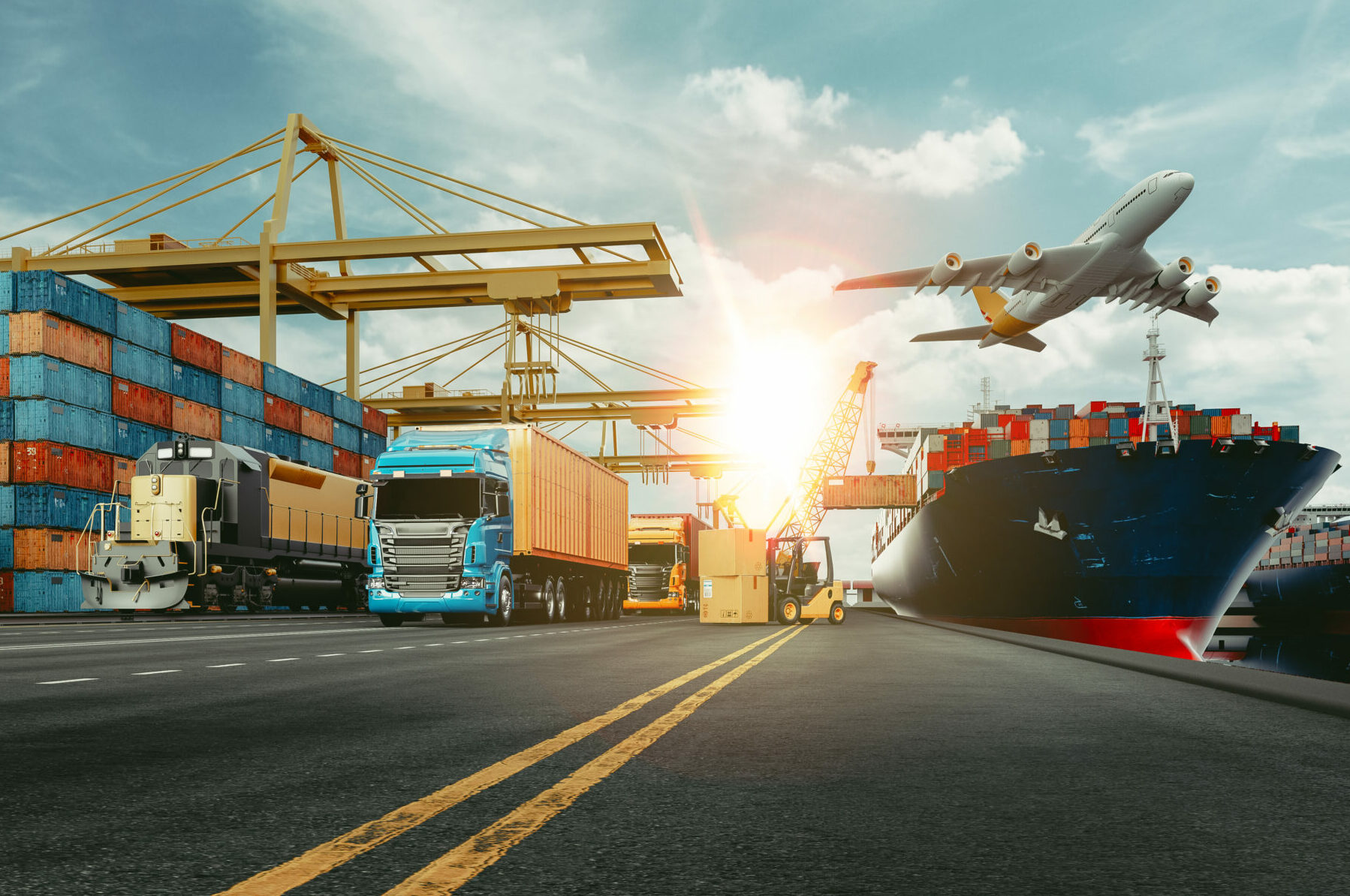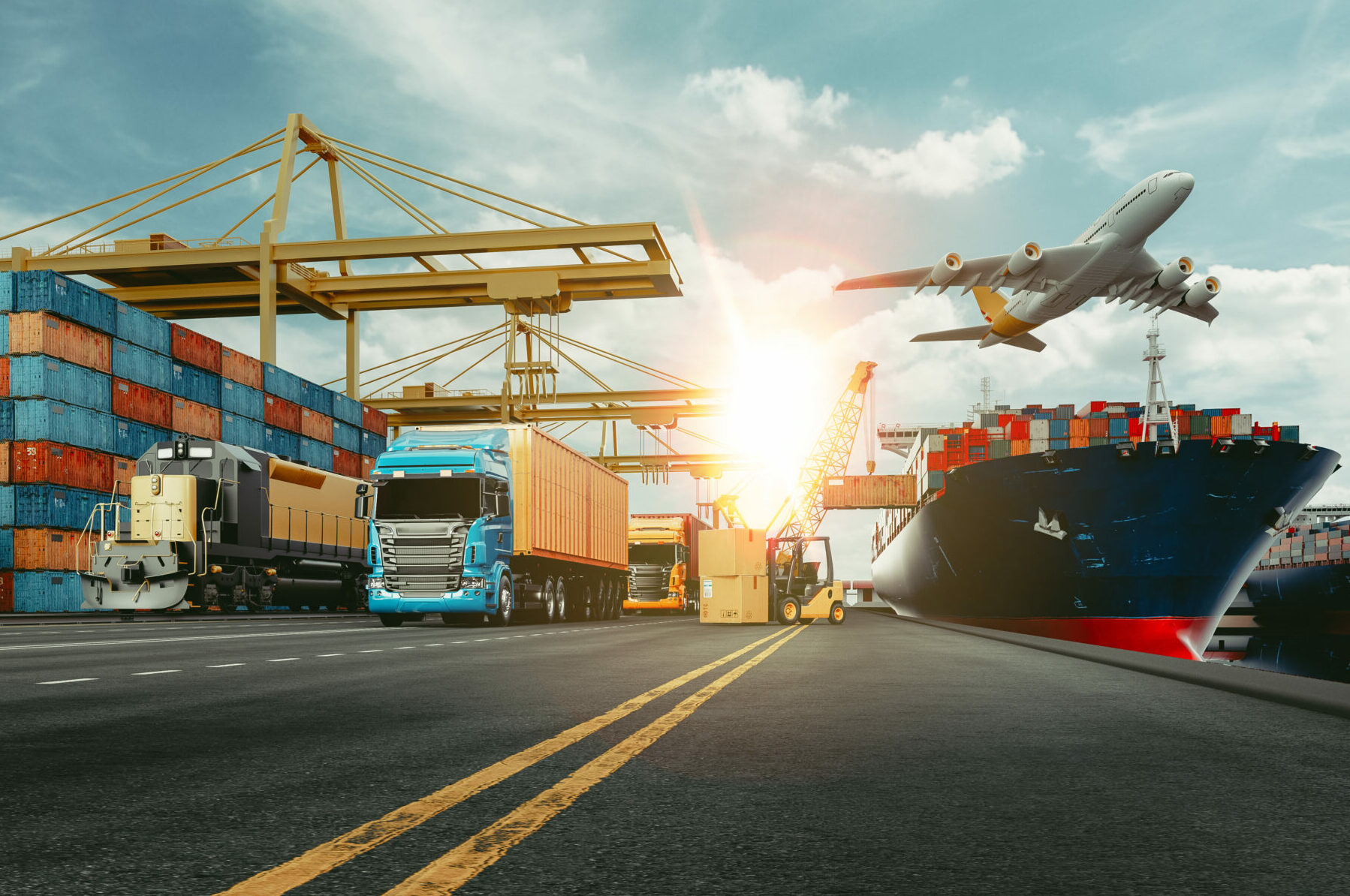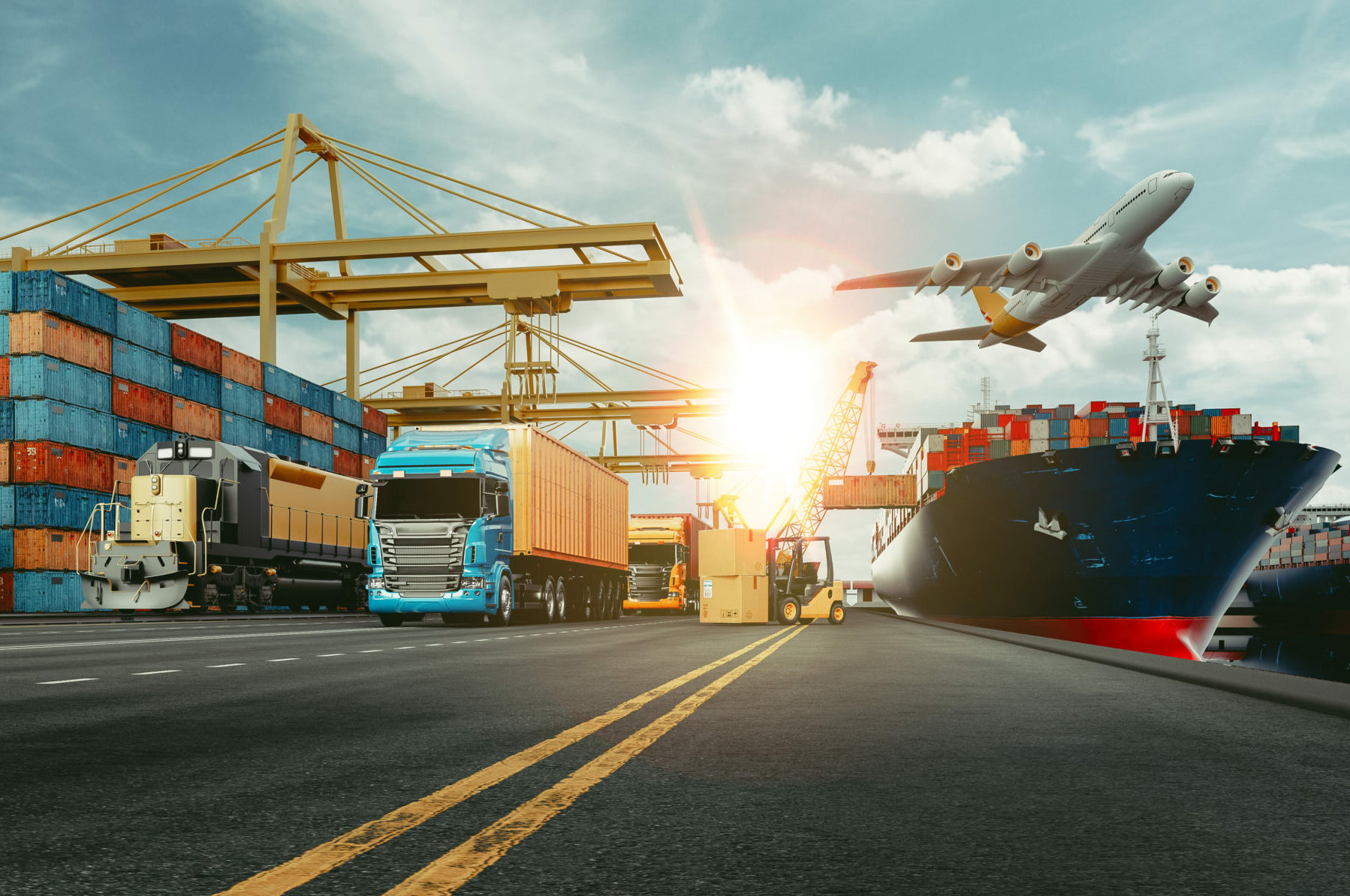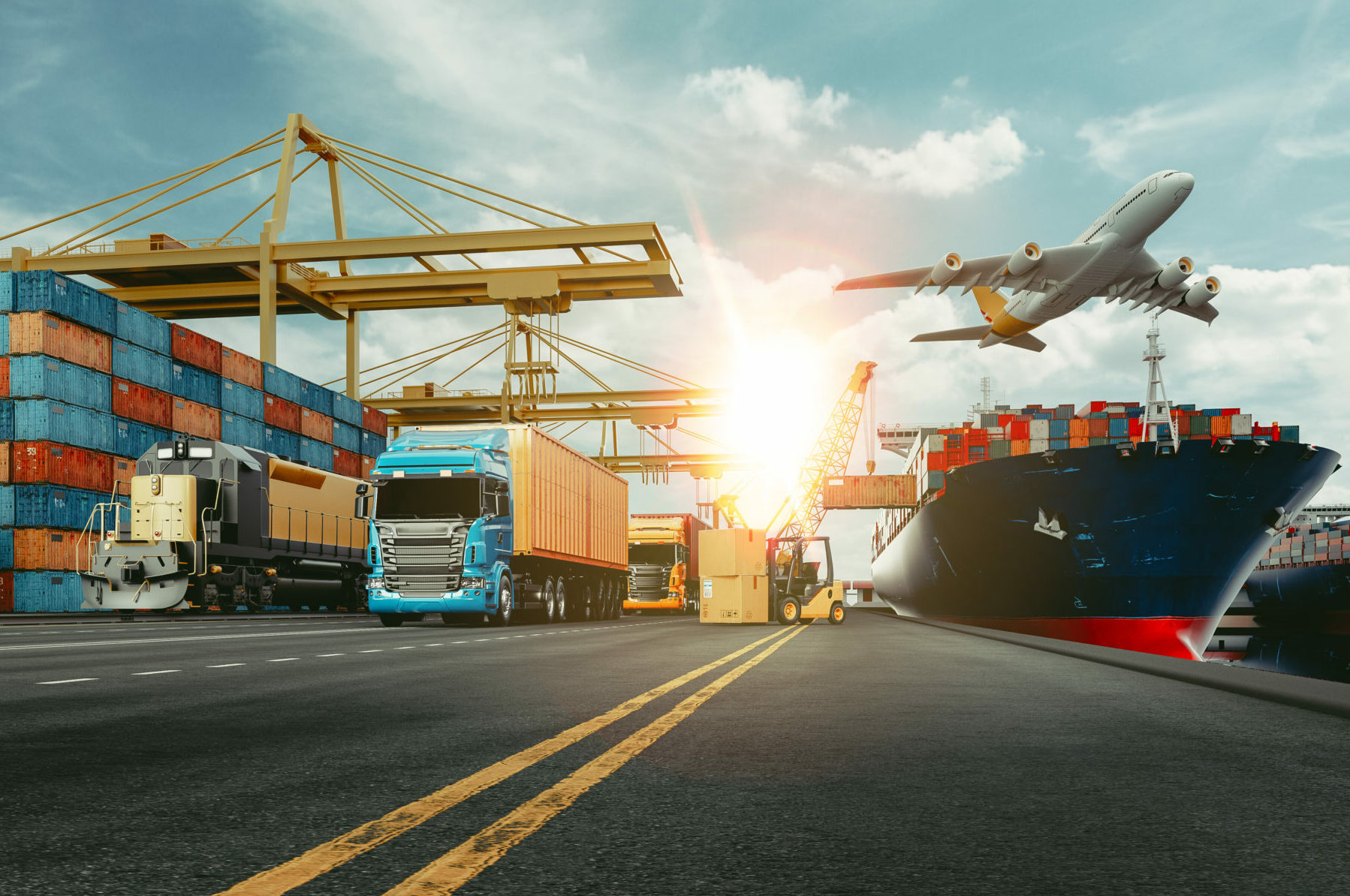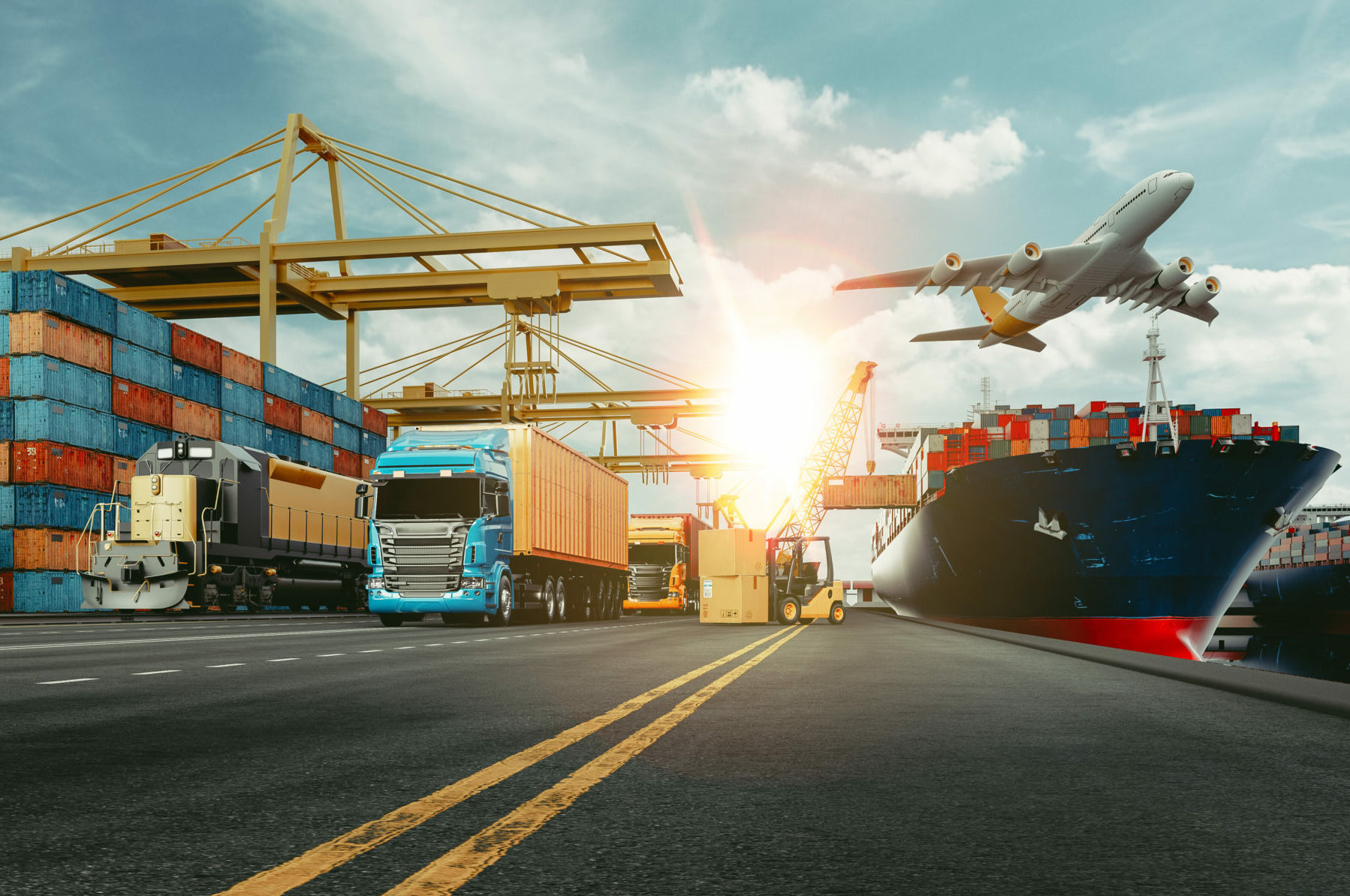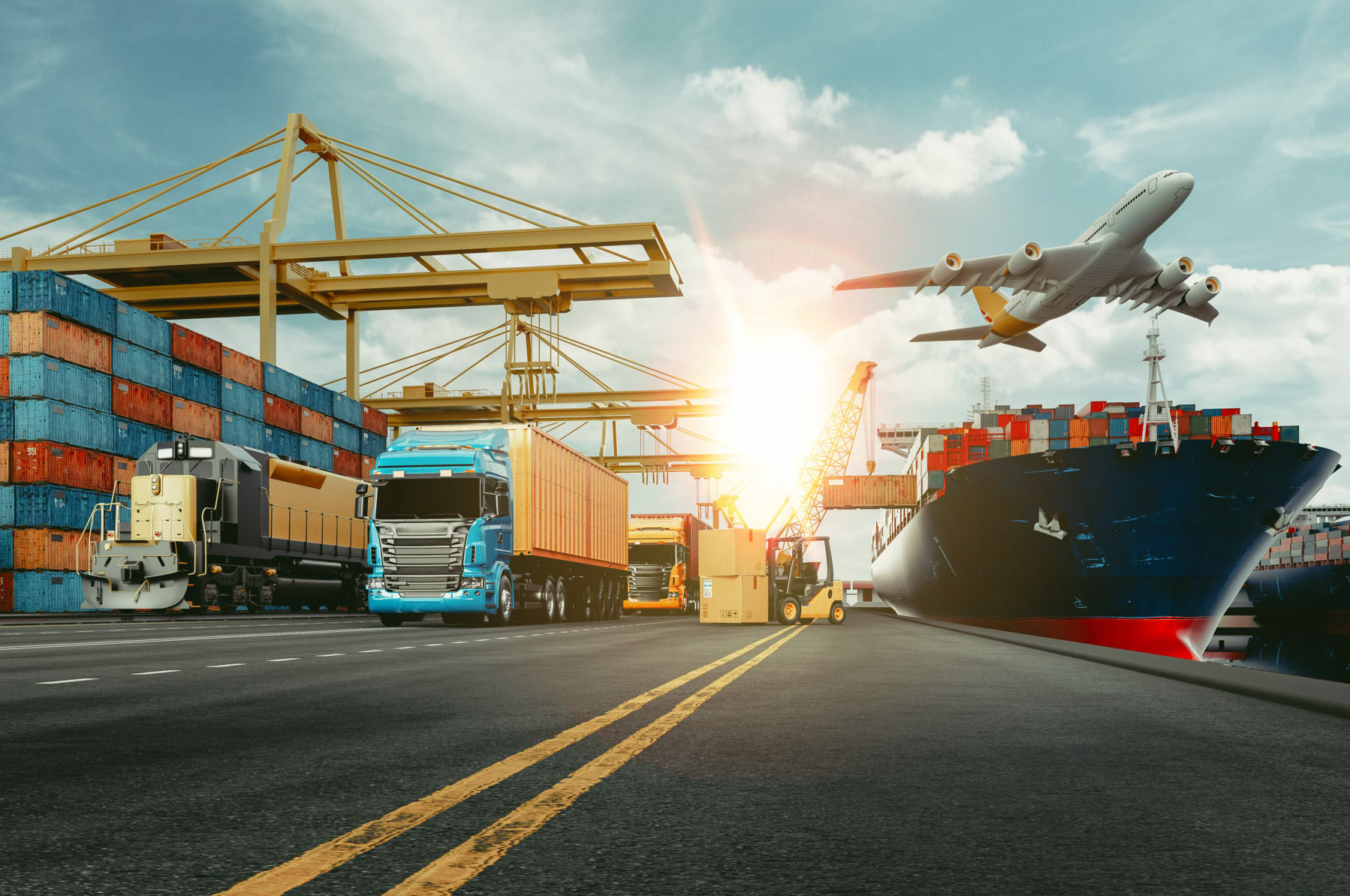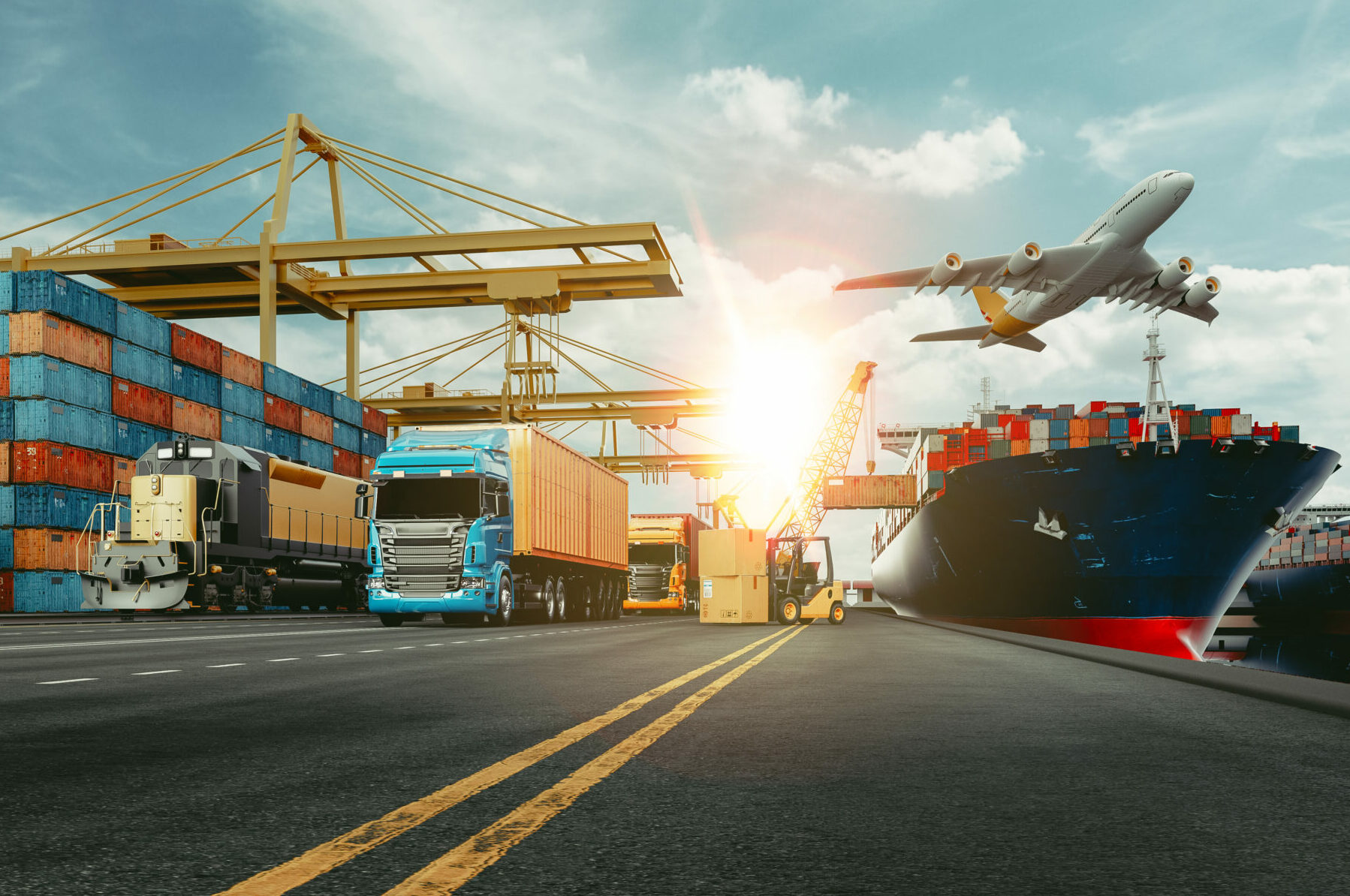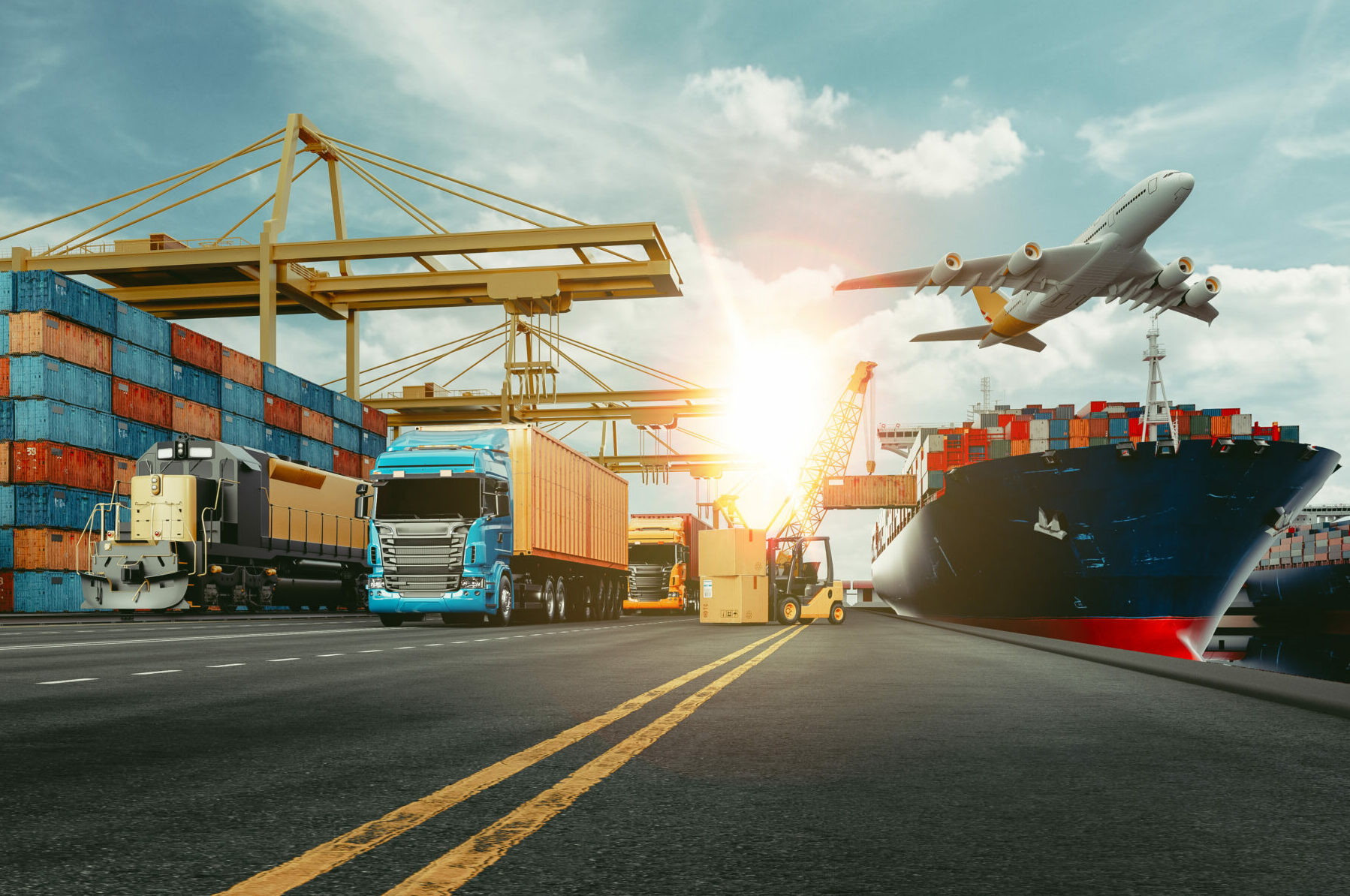The cargo forwarding industry handles billions of pounds worth of goods annually, with high-value cargo presenting unique risks and challenge…
Freight Forwarder Goods in Transit Insurance: Essential Protection for Logistics Operations
Freight forwarding is a complex business that involves coordinating the movement of goods across multiple transport modes, carriers, and jurisdictions. As a freight forwarder, you're responsible for ensuring cargo reaches its destination safely and on time, but what happens when goods are damaged, lost, or stolen during transit? This is where Freight Forwarder Goods in Transit Insurance becomes essential protection for your logistics operations.
What is Freight Forwarder Goods in Transit Insurance?
Freight Forwarder Goods in Transit Insurance is specialized coverage designed to protect freight forwarding companies against financial losses when goods under their care are damaged, destroyed, lost, or stolen during transportation. This insurance covers the period from when goods are collected from the consignor until they're delivered to the consignee, providing comprehensive protection throughout the entire logistics chain.
Unlike standard carrier liability, which often has limited coverage and numerous exclusions, Goods in Transit Insurance provides broader protection that reflects the true value of the cargo being transported and the freight forwarder's liability exposure.
Key Coverage Areas
Physical Loss or Damage
The primary coverage protects against physical loss or damage to goods during transit, whether caused by accidents, handling errors, weather conditions, or mechanical failures of transport vehicles.
Theft and Piracy
Coverage extends to theft of goods, including organized cargo theft, hijacking, and even modern piracy in certain shipping routes. This is particularly important given the rising rates of cargo crime globally.
General Average Contributions
In maritime transport, if a ship's cargo must be jettisoned to save the vessel, all cargo owners must contribute to the loss. This insurance covers your liability for such general average contributions.
Sue and Labor Costs
Coverage includes reasonable expenses incurred to minimize or prevent losses, such as emergency storage, trans-shipment costs, or salvage operations.
Delay Coverage
Some policies include coverage for additional costs arising from delays, such as storage charges, demurrage, or deterioration of perishable goods.
Why Freight Forwarders Need Specialized Coverage
Complex Liability Exposure
Freight forwarders face unique liability challenges as they often act as principals rather than agents, taking possession of goods and issuing their own bills of lading. This creates direct liability for cargo loss or damage.
Multiple Transport Modes
Modern freight forwarding involves sea, air, road, and rail transport, each with different risks and liability limitations. Specialized insurance provides consistent coverage across all transport modes.
International Operations
Cross-border shipments involve varying legal systems, currencies, and liability regimes. Comprehensive coverage ensures protection regardless of where losses occur.
High-Value Cargo
Freight forwarders often handle high-value goods including electronics, pharmaceuticals, automotive parts, and industrial equipment. Standard carrier liability rarely covers the full value of such cargo.
Customer Expectations
Clients expect freight forwarders to provide comprehensive protection for their goods. Having robust insurance coverage is often a prerequisite for winning major contracts.
Types of Freight Forwarder Insurance Policies
Annual Policies
These provide continuous coverage for all shipments throughout the year, with coverage limits applying per occurrence or in aggregate. Ideal for established freight forwarders with regular cargo flows.
Open Cover Policies
Flexible arrangements that automatically cover all shipments within agreed parameters, with monthly declarations of values shipped. Perfect for businesses with varying cargo volumes.
Specific Voyage Policies
Coverage for individual shipments or specific routes, typically used for high-value or unusual cargo that requires special terms.
Warehouse to Warehouse Coverage
Comprehensive protection from origin warehouse to destination warehouse, including storage periods and inland transport at both ends.
Key Policy Features to Consider
Coverage Limits
Ensure limits are adequate for your largest potential exposures, considering both individual shipment values and aggregate annual exposure.
Geographic Scope
Verify coverage extends to all territories where you operate, including any high-risk regions that might require special terms.
Excluded Perils
Understand what's not covered, such as inherent vice, inadequate packaging, war risks, or nuclear perils, and consider additional coverage where necessary.
Deductibles
Balance premium costs against acceptable retention levels, considering your cash flow and risk tolerance.
Claims Handling
Choose insurers with strong international claims networks and experience in freight forwarding losses.
Industry-Specific Risks
Temperature-Sensitive Cargo
Refrigerated goods face risks from temperature variations, power failures, and equipment breakdowns. Specialized coverage addresses these unique exposures.
Hazardous Materials
Dangerous goods require special handling and face additional risks. Ensure your policy covers the specific hazardous materials you transport.
High-Value Electronics
Technology products are particularly vulnerable to theft and require enhanced security measures and coverage terms.
Automotive Parts
The automotive supply chain involves just-in-time delivery requirements where delays can be extremely costly.
Pharmaceuticals
Medical products may require specific temperature and handling conditions, with potential liability for patient safety if compromised.
Claims Management and Prevention
Proper Documentation
Maintain detailed records of cargo condition, handling procedures, and any incidents during transit. This documentation is crucial for successful claims.
Packaging Standards
Work with clients to ensure appropriate packaging for the transport mode and cargo type. Poor packaging is a common cause of claims.
Carrier Selection
Choose reputable carriers with good safety records and appropriate insurance coverage. Your carrier selection directly impacts your risk exposure.
Route Planning
Consider security risks, weather patterns, and infrastructure quality when planning routes. Sometimes longer, safer routes are more cost-effective.
Regular Audits
Conduct regular audits of your procedures, carrier performance, and claims experience to identify improvement opportunities.
Regulatory Considerations
International Conventions
Understand how conventions like the Hague-Visby Rules, CMR, or Montreal Convention affect your liability and insurance needs.
Local Regulations
Comply with insurance requirements in all jurisdictions where you operate, as some countries mandate minimum coverage levels.
Customer Contracts
Ensure your insurance coverage aligns with liability assumptions in your customer contracts and terms of business.
Cost Factors and Premium Considerations
Cargo Types
Premium rates vary significantly based on the types of goods transported, with high-value or theft-prone cargo commanding higher rates.
Geographic Exposure
Routes through high-risk areas or countries with poor infrastructure typically incur higher premiums.
Claims History
Your loss record directly impacts premium costs. Implementing effective risk management can lead to better rates.
Security Measures
Insurers offer premium discounts for enhanced security measures such as GPS tracking, secure parking, and vetted driver programs.
Annual Volumes
Higher volumes often qualify for better rates due to the law of large numbers and reduced administrative costs per unit.
Choosing the Right Insurance Partner
Industry Expertise
Select insurers with deep understanding of freight forwarding operations and international logistics.
Global Network
Ensure your insurer has representatives and claims adjusters in all regions where you operate.
Financial Strength
Choose financially strong insurers with good ratings from agencies like AM Best or Standard & Poor's.
Claims Service
Evaluate the insurer's claims handling reputation, response times, and settlement practices.
Risk Management Support
Look for insurers who provide risk management services, training, and loss prevention guidance.
Emerging Trends and Future Considerations
Cyber Risks
Digital freight platforms face increasing cyber threats that could disrupt operations and compromise cargo security.
Climate Change
Extreme weather events are becoming more frequent, affecting transport routes and cargo safety.
Supply Chain Complexity
Increasingly complex global supply chains create new risks and liability exposures for freight forwarders.
Regulatory Changes
Evolving international trade regulations and security requirements may impact insurance needs and coverage terms.
Technology Integration
IoT sensors, blockchain, and AI are transforming cargo monitoring and claims management processes.
Conclusion
Freight Forwarder Goods in Transit Insurance is not just a regulatory requirement or customer expectation – it's essential protection for your business's financial stability and reputation. The complex nature of modern logistics, combined with increasing cargo values and evolving risks, makes comprehensive insurance coverage more important than ever.
By understanding your specific risks, choosing appropriate coverage limits, and working with experienced insurance partners, you can protect your freight forwarding business while providing clients with the confidence that their goods are properly protected throughout the supply chain.
The investment in comprehensive Goods in Transit Insurance pays dividends not only when claims occur but also in the peace of mind it provides and the competitive advantage it offers when bidding for new business. In today's challenging logistics environment, can you afford not to have proper protection?
Contact Insure24 today at 0330 127 2333 to discuss your Freight Forwarder Goods in Transit Insurance needs and ensure your logistics operations have the comprehensive protection they require.


 0330 127 2333
0330 127 2333

